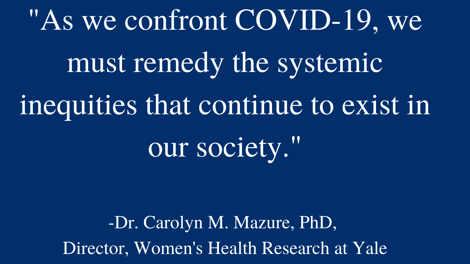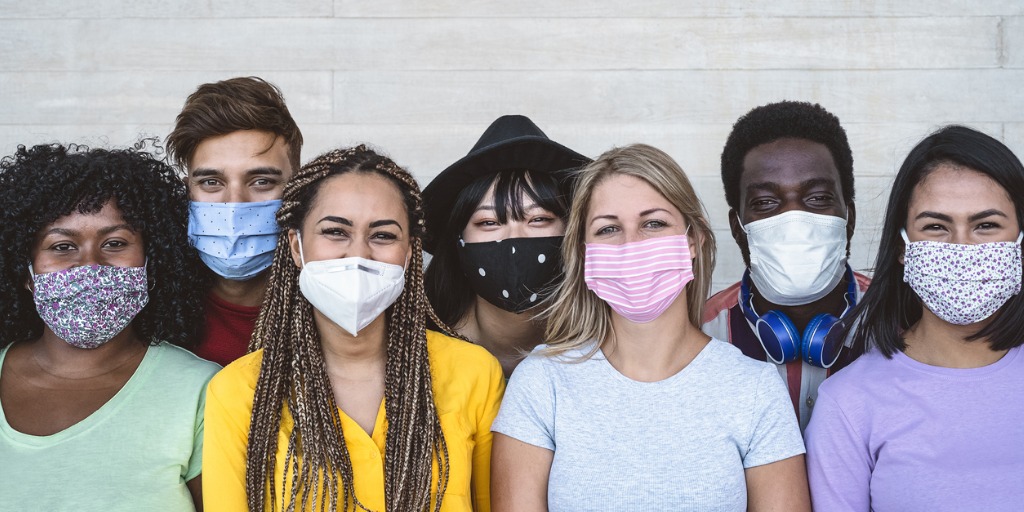Learn how the U.S. is taking on health inequities for POC during the vaccine rollout
Research shows that people of color have been impacted disproportionately by the COVID-19 pandemic. Learn more about what initiatives are in place nationwide and in the state of Massachusetts to combat this disproportion during the vaccine rollout.
CDC teams up with the HRSA
Our environment plays a critical role in health risks and outcomes. The CDC calls them social determinants of health. The systematic health and social inequities have been long-standing yet have grown significant awareness during the pandemic as minority groups continue to face an increased risk of illness from COVID-19. Across several studies by the CDC, most found a higher percent of hospitalized patients were non-Hispanic Black (44%) or Hispanic or Latino (36%) people than non-Hispanic White people (16%). In a study published in the Journal of the American Medical Association, the percentage of patients hospitalized for COVID-19 who are Black exceeded the percentage of the Black population in all 12 states surveyed over two months. The Association of American Medical Colleges published a piece by Alicia Fernandez, MD, that pointed out how dangerous the history of medical abuse against Latinx patients has been and how immigrants' fear of deportation drives vaccine hesitancy in Latinx communities. Many of her patients voiced concerns due to a lack of information. One study found 63% of Hispanic adults report not having enough information about where to get vaccinated — compared to about half of White people.
To tackle these inequalities, the Health Resources and Services Administration (HRSA) and the Centers for Disease Control and Prevention (CDC) launched a program to directly allocate COVID-19 vaccine to HRSA-supported health centers. Phase 1 supplied 250 health centers nationwide, and in Phase 2, that number increased to 950 health centers nationwide. These health centers are account for minorities, public housing residents, the homeless population, and patients with limited English proficiency. The vaccine supply through this program will not replace jurisdictional supply as it will be additional supply.

Massachusetts supports vaccination in underserved areas
In Massachusetts, the Baker-Polito Administration launched a targeted outreach initiative in 20 hard-hit communities to increase COVID-19 vaccine awareness and access equity. This plan included $1m to support vaccination in historically underserved communities. The Massachusetts Department of Public Health worked with the local leaders throughout the state to identify communities with barriers to accessing the vaccine. The program focuses on awareness of vaccine efficacy and safety, offering linguistically diverse education resources, and engaging people in conversations about the vaccine.
Public Health Commissioner Monica Bharel, MD, MPH, stated, "We recognize the deep knowledge and expertise that exists in every community, and our aim is to listen, respond, and work in concert to develop a customized approach for reaching as many residents as we can to increase vaccination. This approach is centered on equity, a core pillar of our vaccine distribution. Our goal is to work in collaboration with our local communities, to meet people where they are, and to reduce barriers – both physical and otherwise – to getting the COVID vaccine."
For more information about safety and efficacy, look at the Massachusetts Trust the Facts Get the Vax campaign with downloadable materials in several different languages.
